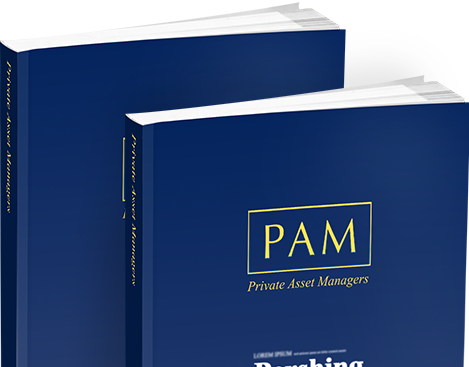If IFAs, retail and commercial banks have catered for the mainstream retail customer market and upwards, then private banks have traditionally been for the rich and the very rich. They have generally marketed themselves on a combination of attributes, including discretion, exclusivity and a highly tailored service. The degree to which private banks provide a tailored service to every client will vary from one institution to another, however.
These services can be provided by either 'pure play' private banks, where private banking is the sole focus of the business, or as a division of a universal bank. Many investment banks also have a private wealth management division.
The private banker's role is to oversee your financial affairs at all times. The range of products and services available from private banks should be wider and more sophisticated than those offered by most IFAs. Usually they provide a comprehensive wealth management service, rather than try to sell individual products. Some private banks, however, have been accused of trying to sell products to clients. Another key part of the private banking offering is discretion, or confidentiality.
A high level of service, of course, comes at a cost, both in terms of fees payable and the minimum amount of wealth required to access private banking. These levels are not generally fixed and will vary from one private bank to another. Most private banks will expect you to have at least hundreds of thousands of pounds of investable wealth and sometimes much more.
There are a number of services that private banks should provide. If you require these, ensure they are offered before you sign up. They include:
Lending is a key aspect of most private banks services. This could be for commercial and residential property development, secured lending to borrow against existing assets and unsecured lending to fund an impending divorce settlement, or a probate loan to cover estate tax liabilities.
The most actively marketed service, however, tends to be investment management. Rather than offer you an off-the-shelf investment fund, private banks should be able to provide you with a tailored discretionary, or advisory management service that meets your individual objectives and complies with your risk profile.
The more money you have to invest, the lower the annual management fee is likely to be. The extent and nature of fees, however, can vary significantly between private banks. Most private banks also charge transaction commission on equities, bonds and funds, with costs varying according to the product and how much you are investing.
The services provided by private banks are available elsewhere. However, private banks argue that by supplying a one-stop shop, they can co-ordinate the services they offer, ensuring investments complement the tax and estate planning you receive, for example. A one-stop shop can also be more convenient for some clients.
The PAM Directory is a comprehensive guide on comparative data focusing on asset managers, investment managers, private banks, stockbrokers, wealth managers and multi-family offices, who provide discretionary and/or advisory portfolio management services for private clients.
Order Now
Subscribe to PAM to hear about the latest news and promotions
Site Content Copyright PAM Insight Ltd 2016
This option is not available when logged in as a Private Asset Manager.
For registering with PAMonline. You should now receive an email asking you to verify your email address. If you do not receive this email, please call +44 (0)207 967 1601 for assistance.
To reset your password please enter code below.
To restore your password please enter your email below.
To see full information of the Private Asset Managers, plus the opportunity to rate and follow, login or register
For registering with PAMonline.
You should now receive an email asking you to verify your email address.
If you do not receive this email, please call +44 (0)207 967 1601 for assistance.
To return to the Home page, click here
To see full information of the Private Asset Managers,
plus the opportunity to rate and follow, login or register.
Please fill in all the fields.
To activate your account enter valid activation code below.
To resend activation email type in your registered email address below. Or contact the PAM office on +44 (0)20 7967 1608 to get instructions to activate your account.
